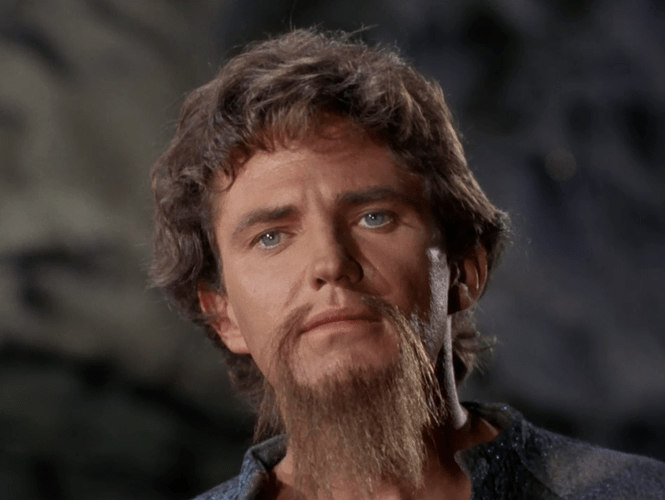“Spock, I think that I’m in love with Edith Keeler.”
“Jim, Edith Keeler must die.”
Gather round kids, it’s time for another episode of Star Trek - in fact one might say that it’s time for THE episode of Star Trek: City on the Edge of Forever. This episode consistently ranks as one of the highest regarded episodes of the original series’ run, often considered the very best. Let’s talk about why that is.
First, it’s definitely got an interesting and dramatic structure. It starts off innocently enough, but soon enough the stakes grow immensely - Kirk and the landing crew are stranded in front of an ageless alien artifact, with no Enterprise in orbit. McCoy, in his cordrazine-induced madness, has managed to travel through time and change everything somehow. Kirk and McCoy must go back and stop him. But in order to stop him, they have to allow a terrible action to take place. The needs of the many must outweigh the needs of the few.
There’s no real villain this time around - McCoy sets the action in motion, but he’s not at fault just under the influence of an accidental injection. Keeler herself has big dreams and could potentially put them into action, but she exists in the wrong place at the wrong time, ironically enough. Her death allows the Allied war efforts to continue so that they can beat the Nazis and one day, far in the future, the peace she envisions will come to pass.
Nice performances here too. I like what Kelley does with McCoy, and the makeup does a good job of making him look you know, unwell. Shatner displays enough doubt over Edith’s fate that you can wonder what might happen, though you know that duty will win in the end. The ending doesn’t show us a tidy wrap up, with a laughing bridge crew. Kirk is haunted by what he’s experienced, and just says, “Let’s get the hell out of here.”
As mentioned upthread, Harlan Ellison wrote the story and it’s obviously an interesting story told well. Harlan has a lot of experience with time travel stories - I remember seeing an episode of The Outer Limits called “Demon with a Glass Hand” that totally floored me. Set me on the path of reading all his stories I could get my hand on. There’s another episode he did centered around time travel called “Soldier”, which he much later would accuse Jim Cameron of plagiarizing when he wrote “The Terminator.” But that’s another story. For this particular episode, Harlan carried a long grudge against Roddenberry for butchering his story, and it did have multiple credited writers. I plan to read this (I haven’t yet, because I wanted to see the episode without any influence) and I’ll report back on the differences in this thread.
